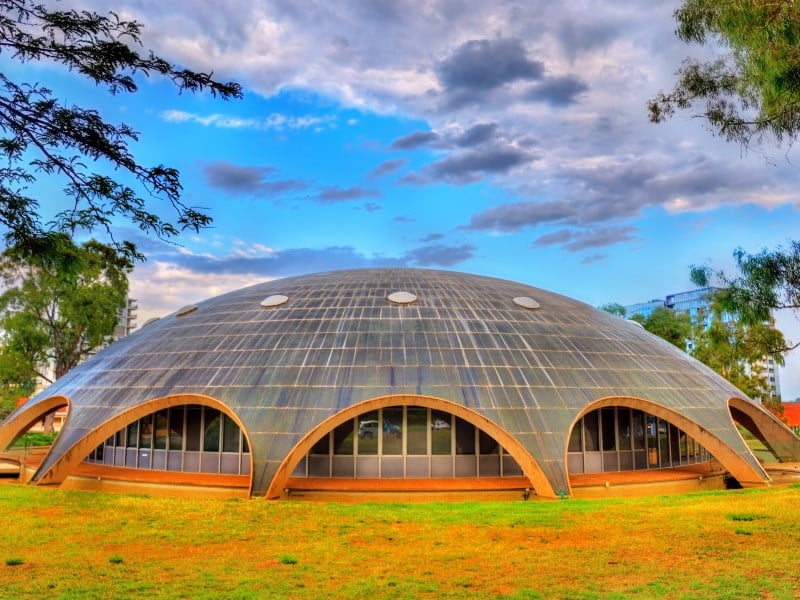The Australian Academy of Science has elected 22 new Fellows this year in recognition of their contributions to science, with an equal number of men and women appointed for the first time.
Following a year-long process, the new fellows include University of Adelaide vice-chancellor Peter Høj, University of Canberra chancellor Professor Thomas Calma, and marine ecologist Professor Emma Johnston, who is also the former University of New South Wales Sydney Dean of Science.
The most represented research institute this year is the University of Sydney, which is home to four of this year’s Fellows. New South Wales is also the most represented state with seven scientists based there. Only one fellow appointed this year is based in Western Australia and Tasmania respectively, with none based in the Northern Territory.

From the Australian National University, Astrophysicist Professor Naomi McClure-Griffiths’ research investigates the gas and magnetic field structures in our galaxy, which includes the production of world-renowned atlases of atomic hydrogen gas.
Among several radio telescopes, Professor McClure-Griffiths has also helped design CSIRO’s ASKAP and the Square Kilometre Array which will be the world’s largest radio telescope, anticipated to incorporate thousands of dishes.
CSIRO Oceans and Atmosphere ecosystem modeller Dr Elizabeth Fulton is the only Tasmania-based Fellow this year. Development on the world’s first ecosystems model Atlantis was led by Dr Fulton. Her research is also applicable to new industries such as ocean renewable energy and investigating the impact of noise and light pollution. She also works on “knowledge corridors”, helping to bridge the knowledge from First Nations People and Western science.
Professor Calma received his fellowship following 45 years of campaigning for the improvement of Indigenous Australian health, education, and justice. He is the first Aboriginal-identifying person to become a fellow of the Academy. He retired from a 38 year Australian Public Service career in 2010.
Australian Academy of Science President Professor Chennupati Jagadish, who officially began his term on Thursday, congratulated the new Fellows and welcomed the diversity of the group.
“Fellows of the Australian Academy of Science are among the nation’s most distinguished scientists, elected by their peers for ground-breaking research and contributions that have had clear impact,” Professor Jagadish said.
“The Academy’s actions to improve gender diversity among our Fellowship are succeeding. This year’s Fellows include 50% women and 50% men, the first time in the Academy’s history that gender parity has been achieved in the annual election of new Fellows.”
Professor Jagadish said this achievement in diversity has been supported through a number of measures introduced to the nomination process.
Before online nominations open, diversity candidates can be suggested to the fellowship director. Nominations are then put before 13 sectional committees that may select up to three candidates if both men and women are represented. Otherwise, the committee may only select two candidates.
From the committee selections, the council then shortlists a final 20 candidates to be confirmed by existing fellows in an “ordinary election”. For a candidate to be successful, they must receive approval from two-thirds of those voting. An additional four fellows may be appointed through a special election designed to improve diversity of the academy.
The new Fellows will present their achievements on 23 November, during the three-day Science at the Shine Dome event.
There is also the annual opportunity to invite two non-Australian scientists to the Academy as Corresponding Members. There are currently 32 Corresponding Members.
This year, two Corresponding Members were appointed: Imperial College London biochemist Professor Anne Dell and Chinese Academy of Sciences chemist and material scientist Professor Lei Jiang.







